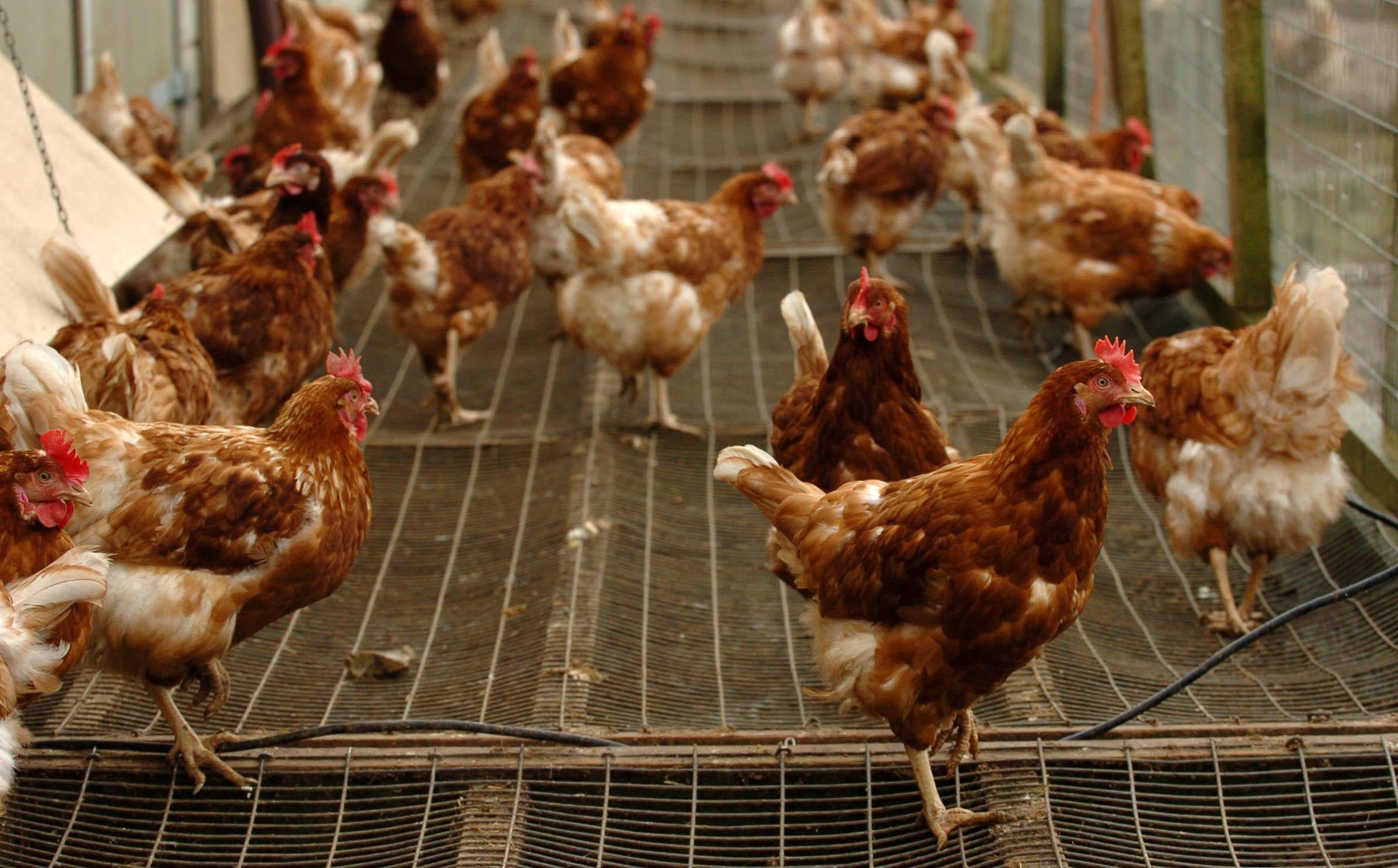Chickens ‘buried with humans and venerated for centuries’
Academics detail ‘far more complex’ relationship with animals than in present day, Zoe Tidman reports


Chickens were buried with humans and spent centuries being venerated before they started to be eaten, researchers have found.
A major international study has looked into the history of the animals and how they spread across the world.
It dismissed previous ideas chickens were domesticated up to 10,000 years ago in China, Southeast Asia or India and present in Europe over 7,000 years ago.
It said instead domestication started around 3,500 years ago when dry rice farming arrived in Southeast Asia.
This drew their wild ancestors - red jungle fowls - down from trees and kickstarted a closer relationship between people and the animals that resulted in chickens, the researchers said.
Our evidence shows that our past relationship with chickens was far more complex, and that for centuries chickens were celebrated and venerated
After domestication started around 1,500 BC, chickens then spread across Asia and throughout the Mediterranean along maritime trade routes, the experts, who hailed from universities such as Exeter, Oxford and Cardiff, said.
Once in Europe during the Iron Age, they said chickens were venerated and generally not regarded as food.
Several of the earliest chickens are buried alone and unbutchered, and many are also found buried with people – males were often with cockerels and females with hens, their studies have found.
The Roman Empire then helped to popularise chickens and eggs as food, the research suggests.
For example, in Britain, chickens were not regularly consumed until the third century AD, mostly in urban and military sites.
“Eating chickens is so common that people think we have never not eaten them,” Professor Naomi Sykes, from the University of Exeter, said.
“Our evidence shows that our past relationship with chickens was far more complex, and that for centuries chickens were celebrated and venerated.”
The researchers, who also came from French, German and Argentinian universities, re-evalated chicken remains from hundreds of sites around the world.
They found the bones in western Eurasia and northwest Africa were far more recent than previously thought.
The study said chickens did not arrive in Europe until around 800BC - far later than previous estimates of before 1,000BC.

Professor Greger Larson, from the University of Oxford, said: “This comprehensive re-evaluation of chickens firstly demonstrates how wrong our understanding of the time and place of chicken domestication was.”
The studies have been published in the journals Antiquity and The Proceedings of the National Academy of Sciences USA.
Additional reporting by Press Association





